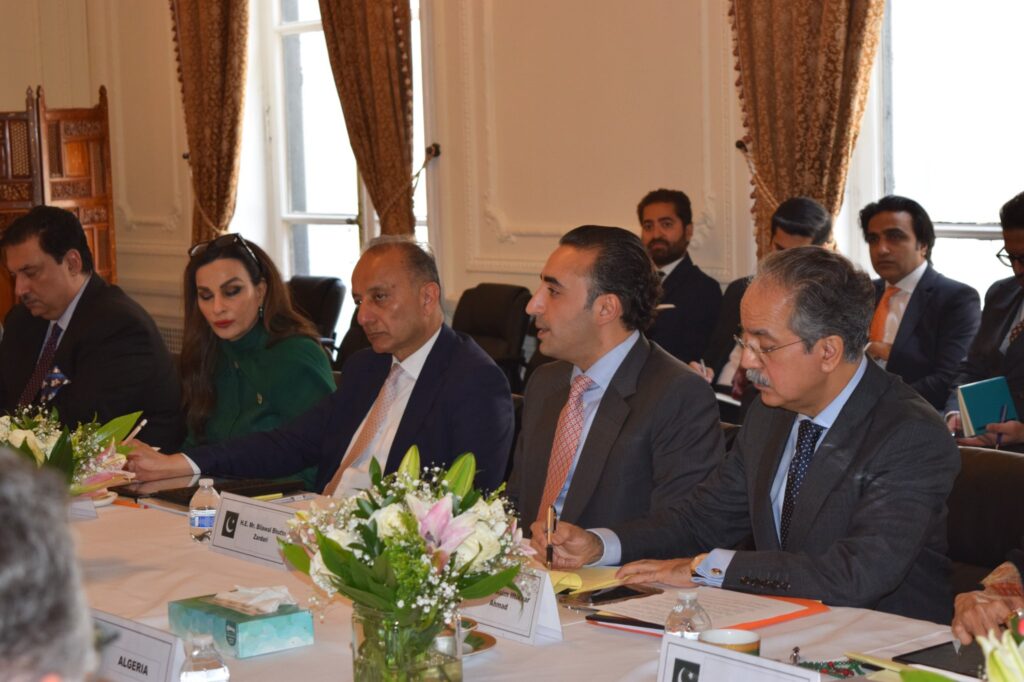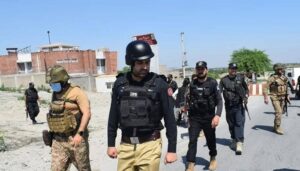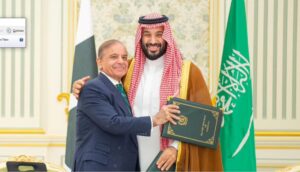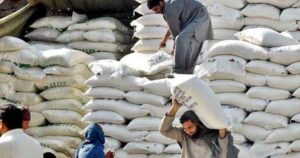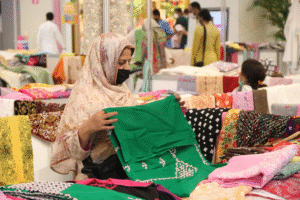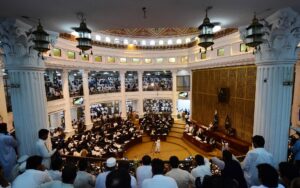Former foreign minister and current chairman of the Pakistan Peoples Party, Bilawal Bhutto Zardari, led a parliamentary delegation to New York this week, where he met with ambassadors from the ten elected members of the United Nations Security Council (E10). The discussions focused on regional peace, cross-border tensions, and the need for renewed diplomatic engagement in South Asia.
Had a substantive meeting with Amb. Dorothy Shea, Acting U.S. Permanent Rep to the UN. Underscored Pakistan’s longstanding partnership with the United States, including robust cooperation on counterterrorism and shared efforts for regional stability.
— BilawalBhuttoZardari (@BBhuttoZardari) June 2, 2025
Appreciated President Trump… pic.twitter.com/cwq773KOAr
Bhutto Zardari conveyed Pakistan’s position on recent developments in the region, including concerns over water security, territorial integrity, and the unresolved status of the Jammu and Kashmir dispute. In his meetings with representatives from Denmark, Greece, Panama, Somalia, Algeria, Guyana, Japan, South Korea, Sierra Leone and Slovenia, he urged the international community to take a proactive role in supporting dialogue and de-escalation.
Together with Pakistan delegation met with the Permanent Representative of the Russian Federation to the UN to convey Pakistan’s principled stance in the wake of India’s unprovoked aggression. Highlighted Pakistan’s responsible and measured approach, and underscored the… pic.twitter.com/4vLMbAof1f
— BilawalBhuttoZardari (@BBhuttoZardari) June 2, 2025
“We reaffirmed Pakistan’s commitment to restraint, diplomacy, and a rules-based international order,” Bhutto Zardari said in a statement on social media. He described the exchange with UNSC members as substantive and stressed Pakistan’s intention to promote peaceful solutions to long-standing issues.
He also raised apprehensions about India’s handling of water-sharing arrangements, particularly the Indus Waters Treaty. Bhutto Zardari said such actions, if unaddressed, could have serious environmental and humanitarian consequences. At the same time, he reiterated Pakistan’s firm opposition to terrorism and said the country remains one of its frequent victims.
“Pakistan does not seek conflict,” he stated, ” but is prepared to defend its sovereignty in accordance with international law.”
We don’t just talk — we act. Pakistan’s resolve is clear: when challenged, we respond. Six Indian jets downed is a reminder that peace is our priority, but not at the cost of our sovereignty. @BBhuttoZardari pic.twitter.com/t3nlyIUzFz
— PPP (@MediaCellPPP) June 3, 2025
Senior parliamentarians accompanying Bhutto Zardari — including Sherry Rehman, Hina Rabbani Khar, and Dr. Musadik Malik — provided detailed briefings on the broader regional implications of the current situation. The Pakistani delegation emphasised that durable peace in South Asia requires early conflict prevention, not just crisis management.
Representatives from the Security Council’s elected members acknowledged Pakistan’s diplomatic outreach. Discussions reportedly highlighted the importance of maintaining open channels of communication between neighbouring states to reduce tensions and foster long-term stability.

